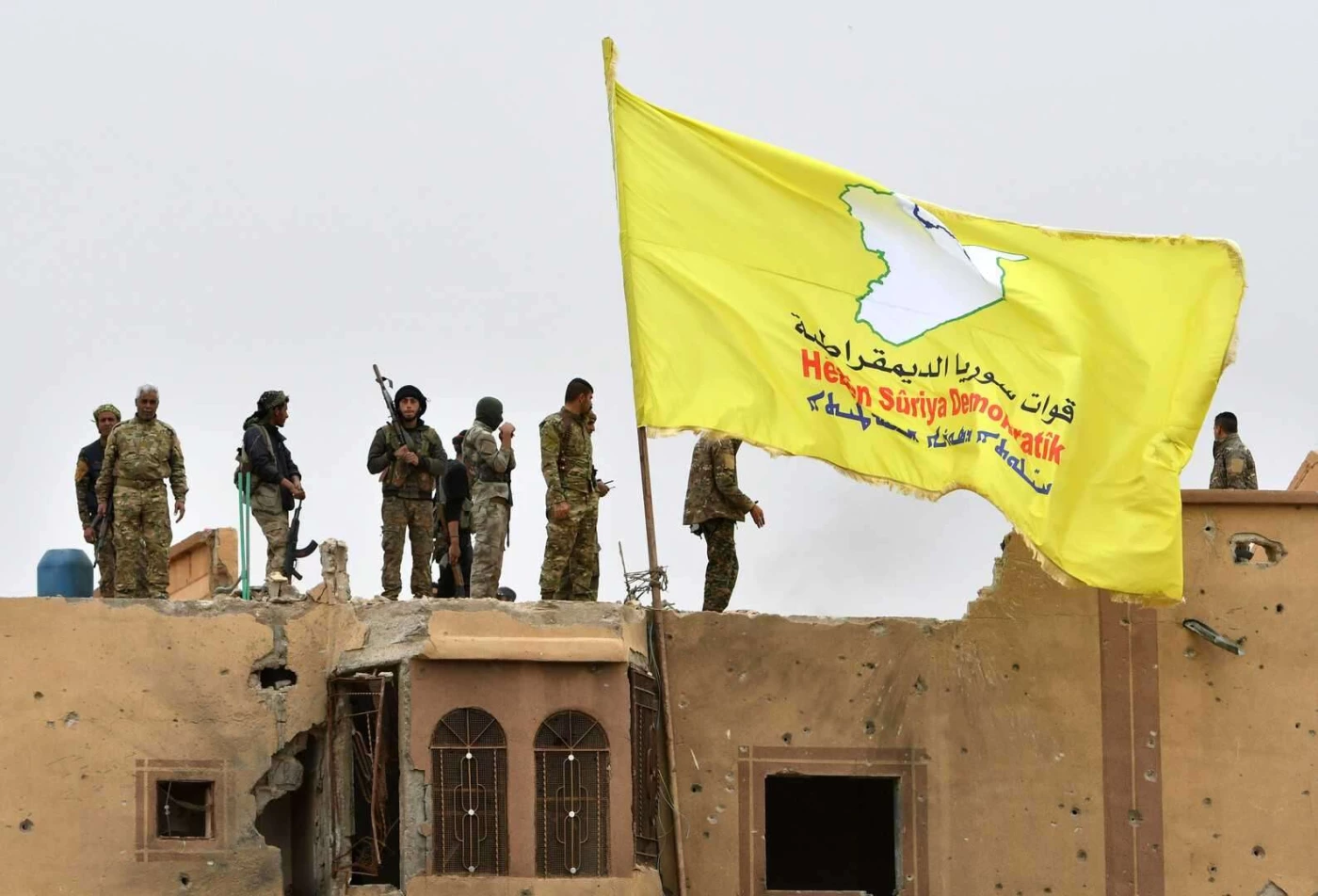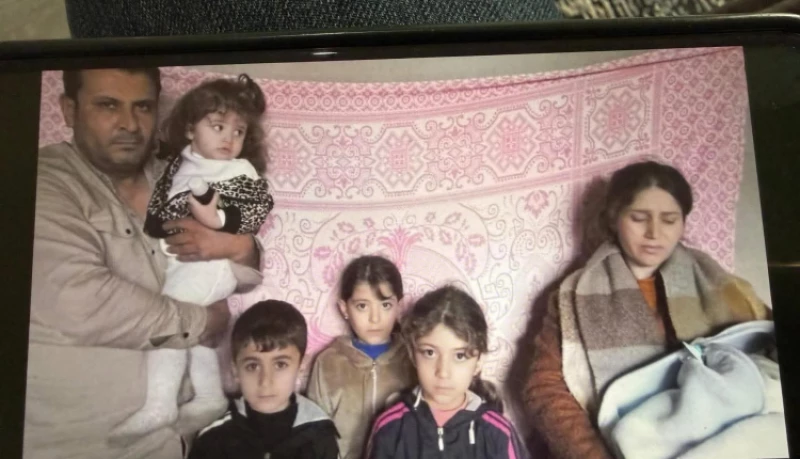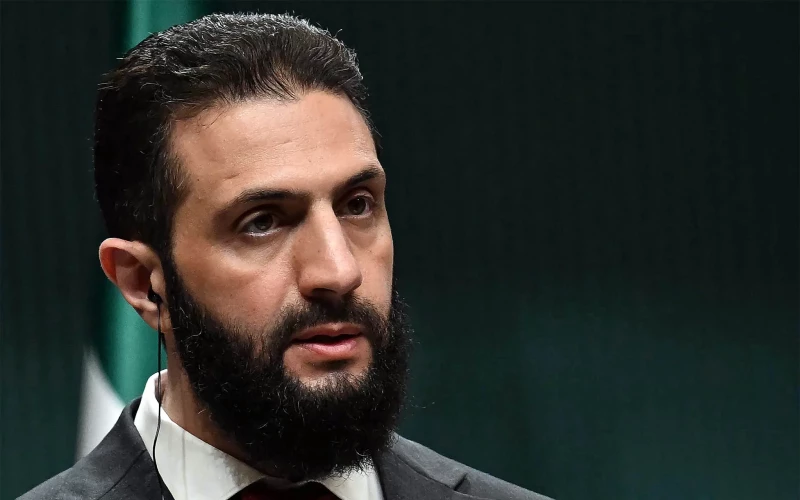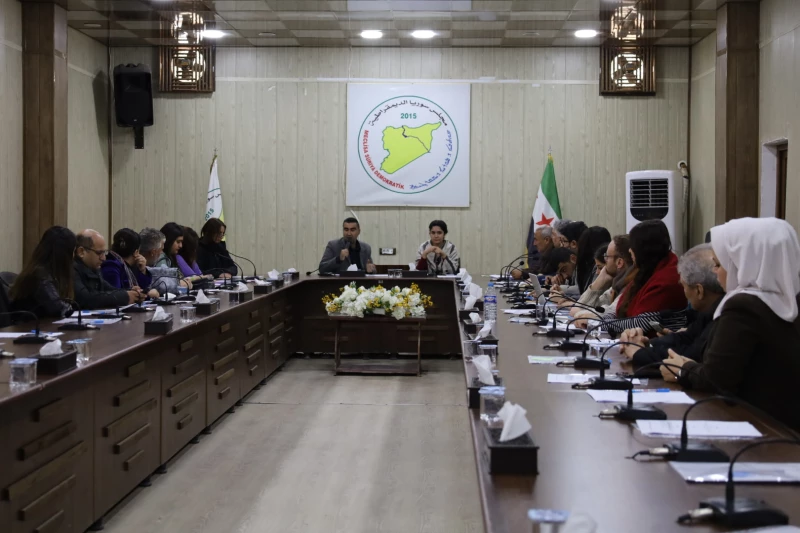ERBIL, Kurdistan Region of Iraq - Kurdish-led Syrian Democratic Forces (SDF) announced Sunday they arrested Hamoud Abdullah al-Khatib, the Islamic State’s (ISIS) so-called economic “emir” and a “high-ranking” leader of the group in Deir Ezzour, in a joint operation with the US-led coalition.
Khatib, also known as Abu Zakaria, was a "high-ranking leader of the terrorist organization ISIS” and used to extort “money from civilians at gunpoint under the pretense of collecting 'zakat,” and threatening those who refused with death,” the SDF statement read.
The SDF detailed that during the ISIS leader’s arrest, they also confiscated "a significant cache of weapons and ammunition.”
In a similar operation in early March, the SDF, with the help of the US-led Coalition, captured another ISIS leader - Salah Mohammed al-Abdullah, according to the US military’s Central Command (CENTCOM).
The SDF often engages in clashes with ISIS remnants in the country’s east, with the earlier vowing to continue its campaign against the remaining elements of the exhausted group "under all circumstances and conditions."
The pursuit of approximately 2,500 ISIS fighters remaining at large in Iraq and Syria remains critical.
Equally important are international efforts to repatriate over 9,000 ISIS detainees in Syrian detention facilities and reintegrate more than 43,000 individuals from the Al Hol and Al Roj camps. This population has decreased from a peak of over 70,000 in 2019.
Located in eastern Syria and bordering Iraq, Kurdish forces control part of the outlying villages and towns of oil-rich Deir ez-Zor, while the city center is under the control of the new Damascus authorities.
ISIS took control of swathes of Syrian and Iraqi territory in 2014, announcing its self-proclaimed caliphate with the Iraqi city of Mosul as its capital. They were territorially defeated with assistance from the US-led coalition forces in Iraq by 2017 and in Syria by 2019.
The US-backed Kurdish forces currently control the bulk of the northeastern and eastern regions of Syria, amounting to a quarter of the territory of the country. Formed in 2015, the SDF is considered the Kurdish de facto army.
The SDF has repeatedly warned of the extremist group's resurgence in the wake of the ouster of former president Bashar al-Assad in December, with the debilitated group operating from territory in the remote desert areas of Homs and Deir ez-Zor provinces.



 Facebook
Facebook
 LinkedIn
LinkedIn
 Telegram
Telegram
 X
X


